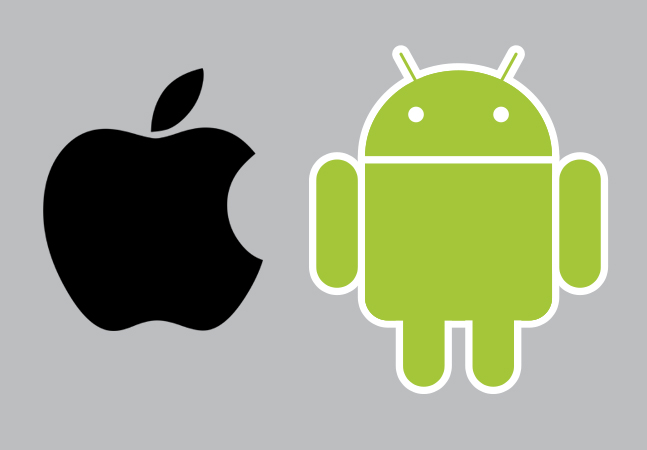
Quarkus is a lightweight, high-performance framework designed to significantly reduce the footprint and latency of Java applications, specifically for cloud-native architectures such as microservices, containers and serverless.

Perfecto, specializing in cloud-based DevOps testing of Web and mobile apps, unveiled a new solution that uses machine learning to automatically write and maintain test scripts.

Google's Android team has shipped the first release candidate for the next edition of its flagship IDE, Android Studio 3.4, which continues the Project Marble push to reduce bugs and improve quality in response to developer complaints.

Appian last week updated its low-code app development platform, with enterprise mobility one of the key areas of focus.

Microsoft's Xamarin team announced an update to its Xamarin.Forms UI toolkit -- for cross-platform iOS and Android projects -- that makes it easier to implement Material Design look-and-feel in such apps.

This week IBM's X-Force Red security division announced it has launched a new testing service to help find weaknesses and fix vulnerabilities in Blockchain-based releases.

Microsoft has open sourced the code for its Windows Calculator app, inviting developers to help improve the tool's user experience while at the same time learning about and possibly adopting its technological underpinnings.

Good old-fashioned SQL still rules the database roost even though popular offerings in the NoSQL camp are closing the gap, while MySQL is the most popular of the whole bunch in a new report from ScaleGrid.

On Tuesday Microsoft announced the commercial release of the new Azure DevOps Server 2019.

One byproduct of Microsoft's embrace of openness and interoperability may be a boost in popularity for PowerShell, the company's venerable scripting language.

A new survey of software engineers from careers firm Hired shows they want to learn machine learning, love Python, hate PHP and make a lot of money, especially in San Francisco where search engineer salaries average about $157,000.

The latest release of the Eclipse MicroProfile continues to align itself with Java EE 8 as the foundational programming model for the development of Java microservices. It builds on the last release with numerous updates, additional features and greater functionality for implementing enterprise Java microservices.

Project Helidon, Oracle's nascent Java Microservices Framework, which was unveiled less than five months ago, is now available in a 1.0 release that includes full support for Eclipse MicroProfile 1.2 (Helidon MP), support for Eclipse Yasson and Jackson (Helidon SE) and numerous bug fixes and performance improvements.

Hazelcast today announced the beta release of the latest version of its namesake in-memory data grid, Hazelcast IMDG 3.12. With this release, the company adds new features focused on data integrity, cloud interoperability and performance-sensitive data storage.

A year after unveiling the first Flutter beta at the Mobile World Congress, Google announced the first feature update for the open source mobile application development SDK at this year's edition of the show.

Augmented reality, commonly identified as one of the major trends in mobile app development for 2019, gets a boost in the Android camp with an update of Google ARCore SDK that features new UI tools among other enhancements.

IBM continues to modernize development on its z/OS mainframe operating system, announcing an automated unit testing tool that builds on previously introduced Git functionality.

Jib is a fast and simple container image builder that consolidates all the steps involved in packaging an app into a container image, and allows developers to build containers using familiar Java tools.

Amid growing enterprise initiatives in cutting-edge technologies like artificial intelligence, Internet of Things, blockchain and others, it's old-fashioned Hadoop that was identified as the fastest-growing freelancer skill in a new report.

February 2019 reports on programming language popularity from TIOBE and PYPL are out, with the former tracking the rise of Groovy and the latter contrasting the trends of Python (up) with PHP (down).